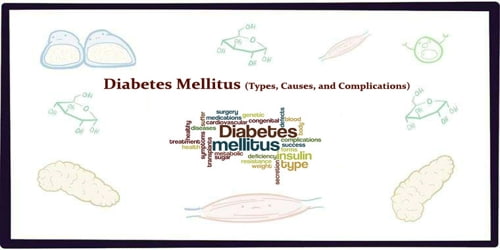Tax reform is the process of changing the way taxes are collected or managed by the government and is usually undertaken to improve tax administration or to provide economic or social benefits. As it happens, most economists are fairly guarded about offering advice on tax reform. It made significant changes in the definition of taxable income and in the graduated rate structure applied to taxable income. Tax reform can include reducing the level of taxation of all people by the government, making the tax system more progressive or less progressive, or simplifying the tax system and making the system more understandable or more accountable.
Taxes can include direct taxes on income and wealth (e.g. personal and corporate income taxes, property tax), and indirect taxes on consumption (e.g. Value Added Tax (VAT), excise duties). The reason is that tax theory does not provide specific answers to either question. Tax reform is already helping millions of Americans. Whether it is lower individual rates or lower rates for businesses – millions of people are benefiting through their annual tax returns, increased wages, bonuses, stock options, benefits, and lower utility bills.
Tax reform is generally undertaken to improve the efficiency of tax administration and to maximize the economic and social benefits that can be achieved through the tax system. Numerous organizations have been set up to reform tax systems worldwide, often with the intent to reform income taxes or value-added taxes into something considered more economically liberal. Tax reform can reduce tax evasion and avoidance, and allow for more efficient and fair tax collection that can finance public goods and services. Other reforms propose tax systems that attempt to deal with externalities. Such reforms are sometimes proposed to be revenue-neutral, for example in revenue neutrality of the FairTax, meaning they ought not to result in more tax or less being collected. It can improve economic growth and address issues of inequality through redistribution and behavior change. Georgism claims that various forms of land tax can both deal with externalities and improve productivity.
















